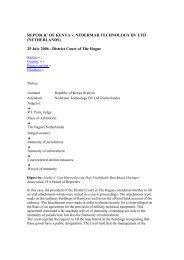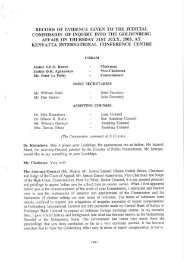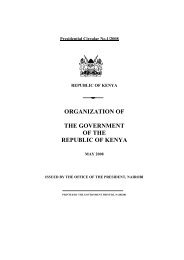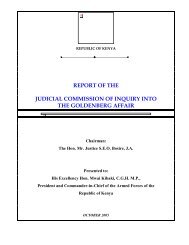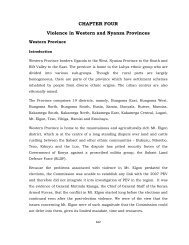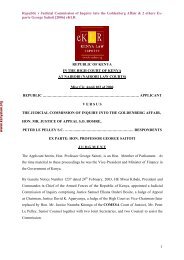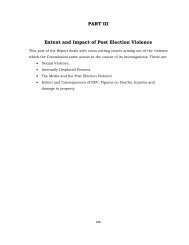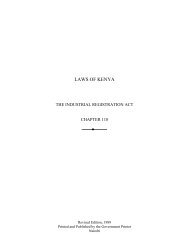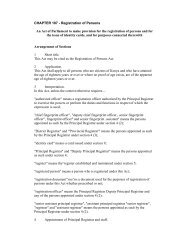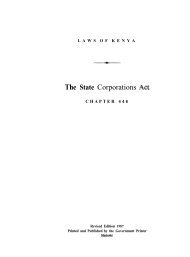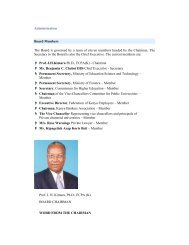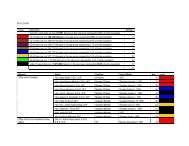IRON AND STEEL KENYA - Mars Group Kenya
IRON AND STEEL KENYA - Mars Group Kenya
IRON AND STEEL KENYA - Mars Group Kenya
Create successful ePaper yourself
Turn your PDF publications into a flip-book with our unique Google optimized e-Paper software.
The industry’s growth occurred with occasionally intense- but behind the sceneseconomic<br />
conflicts and political lobbying. Many industrialist started by<br />
controlling commercial out-lets for steel products and only later began to<br />
manufacture steel products. During the transition, temporary monopolies and<br />
oligopolies formed to charge buyers for often-undependable supplies. This led<br />
some buyers to integrate backwards to escape that dependency. This pattern of<br />
defensive investment still motivates much of the industry’s investment and<br />
individual users of the semi-finished products have often continued importing just<br />
to avoid buying from their local counterparts.<br />
The government failed to guide the industry’s development and overtime the<br />
absence of coordinated development encouraged conflicts between entrepreneurs<br />
leading to a massive build-up of excess productive capacity. This inefficient<br />
investment led to high prices, hindered export, and tied up resources, which<br />
would have been invested elsewhere.<br />
4.1 POST LIBERALIZATION<br />
4.1.0 Positive Effects<br />
♦ Raw material sourcing has become very easy whereby one can source the quality<br />
raw material any where at the most competitive price, thus eliminating the need<br />
for import licensing and the associated bureaucracy<br />
♦ Foreign exchange has become more accessible and lead-time for raw materials<br />
considerably reduced. This has brought some savings in raw material stock<br />
holding (in actual investment, godown, space and handling costs) hence making<br />
things move faster right from the raw material acquisition to finished goods<br />
dispatch, to the advantage of all concerned.<br />
4.1.1 Negative Effects<br />
♦ The process has created a lot of competition from direct imports of steel products<br />
and mushrooming of small uneconomical mills across the country.<br />
♦ The impact has put great pressure on the manufacturers, which has forced them to<br />
observe high quality standards of for the products so as to compete with direct<br />
imports from elsewhere and at the same time pricing such products competitively.<br />
♦ Dumping of steel products into the local market is probably the most serious<br />
impact of liberalization as this led to the closure of many steel plants in the<br />
country, with the consequence of loss of jobs.<br />
♦ The <strong>Kenya</strong>’s traditional neighbouring markets, Uganda, Tanzania, Rwanda,<br />
Burundi, etc. Are systematically reduced due to imports from the same above<br />
mentioned non-COMESA member countries.<br />
6



